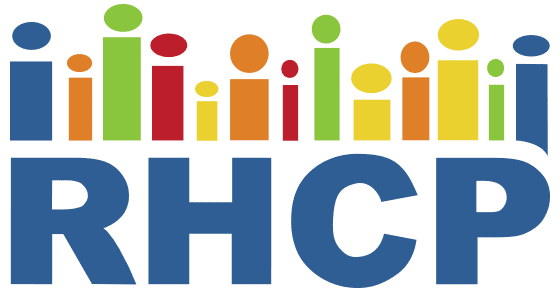Healthy Immigrant Community
While immigrant and refugee populations arrive to the United States healthier than the general population, these advantages disappear over time, partly due to adoption of unhealthy dietary behaviors. Population-based interventions have largely proven ineffective in maintaining previously healthy behaviors and novel approaches tailored for and initiated by these communities are needed.
In 2011, RHCP received funding for the Healthy Immigrant Families (HIF) project, during which community and academic partners co-created an intervention of 12 face-to-face lessons on healthy eating and physical activity delivered to families in their homes by bilingual interventionists. At 12 months, there were significant improvements in dietary quality for adults compared with controls. There was also improvement in the control group. This led to the conception of the Healthy Immigrant Community (HIC) project. The overall objective of HIC is to modify our HIF program to implement a social network intervention to improve dietary behaviors among immigrant adults who are overweight and obese in Rochester, Minnesota. We intend to capitalize on the social network effects by expanding our theoretical framework to address the influence of a broader social context on behavior change while enhancing the potential reach and sustainability of the intervention.
In February 2020, RHCP initiated a pilot study in Rochester, Minnesota in which 12 face-to-face lessons taught by Mayo Clinic experts on healthy eating and physical activity are delivered to Hispanic and Somali adults designated as Health Promoters. The Health Promoters then deliver the same lesson to their respective social network of five to 10 individuals.
In June 2022, RHCP enrolled 475 individuals to a randomized clinical trial in Rochester, Minnesota. Health Promoters are receiving training from Health Coaches and are facilitating face-to-face or virtual group sessions with their social networks over 12 months. Each session will target specific aspects of healthy eating and physical activity.
Funding
National Institutes of Health: National Heart, Lung and Blood Institute (R01 HL 111407) Mayo Clinic Center for Clinical and Translational Science: National Center for Advancing Translational Science UL1 TR000135 Mayo Clinic Office of Health Disparities Research National Institutes of Health: National Institute on Minority Health and Health Disparities (P50 MD017342)

